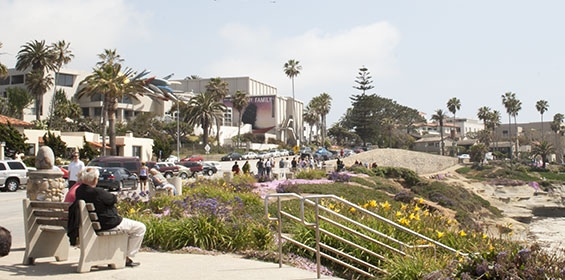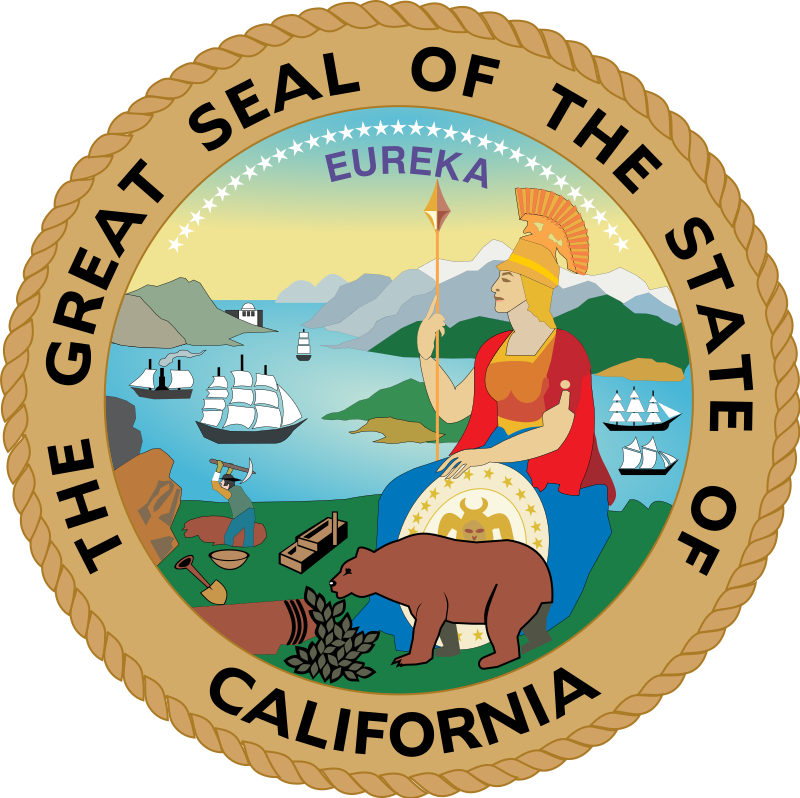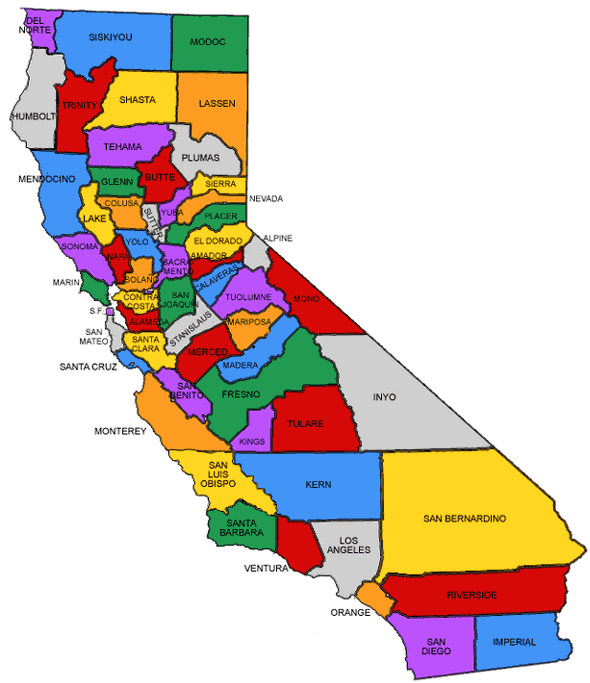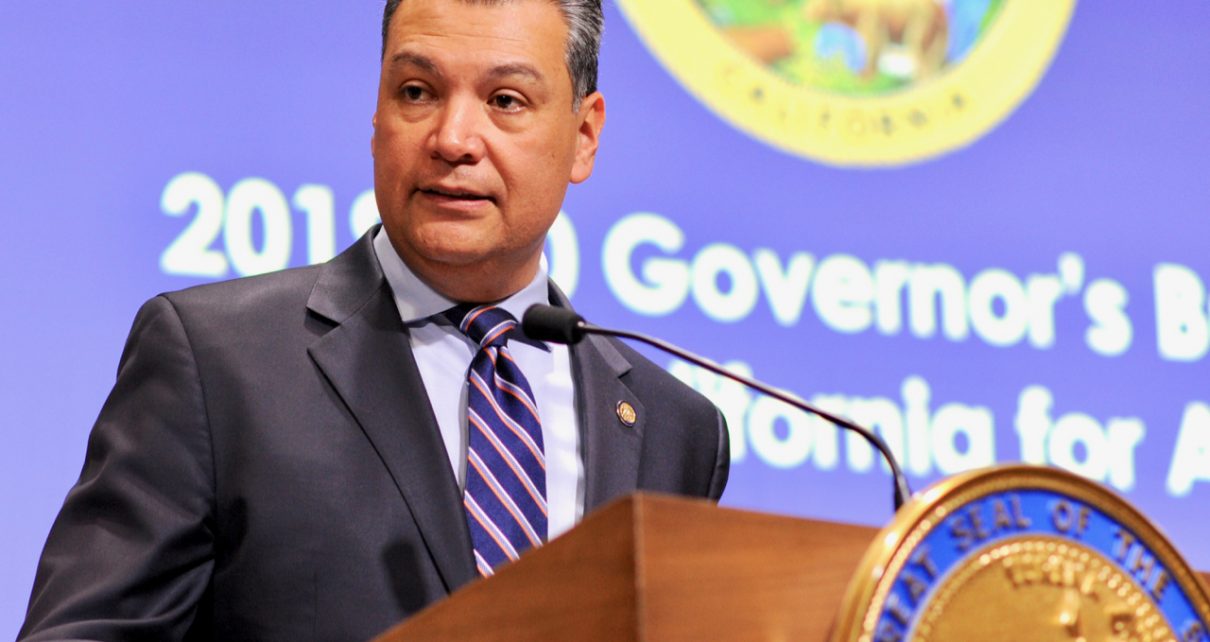
Senator Alex Padilla. (Photo: Kevin Sanders for California Globe)
Non-Registered Independent Voters Are Limited To Only Three Parties During The March Primary Vote
Democrats Will Allow Unregistered Voters While Republicans Will Not.
By Evan Symon, October 22, 2019 3:01 pm
California Secretary of State Alex Padilla announced yesterday that only the Democratic party, the Libertarian party, and the American Independent party will allow voters with no registered party to vote in the March presidential primary election.
All other parties, and most notably the Republican Party, will require voters to be registered with their party. Republicans have had closed primaries for almost two decades. It has been in place in part to combat ‘vote spoiling’, which is when independent voters vote in large enough numbers for another, possibly non-preferred, candidate. As pointed out by Secretary Padilla, the vote is unusual because of how party registration plays into it.
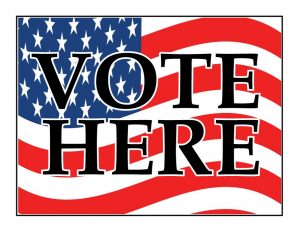
“As we enter the fifth election cycle under the ‘Top Two Primary’ system, California voters have become increasingly accustomed to voting for the candidates of their choice regardless of political party preference,” said Secretary Padilla in a statement. “The Presidential Primary, however, remains the exception. Voters registered as ‘No Party Preference’ have the option of requesting a ballot that includes presidential candidates of a political party that allows ‘cross-over’ voting.”
California currently has more than 5.6 million independent voters, and for some upcoming neck-to-neck elections, such as the 2020 Democratic Party Presidential Primary, that could make all the difference in selecting a different candidate.
Some polling places are already anticipating a large, and noisy, turnout. The Globe contacted a few polling place workers on what they’re anticipating.
“Outside is going to be an adventure in itself,” said Jane Bryant, who volunteers for every election in Burbank. “It used to be that, since California was considered late, we wouldn’t have many supporters outside advertising their candidate. But last presidential election, both primaries were still undecided, so there was Trump, and Clinton, and Kasich, and Sanders. This year, with so many Democrats who can poll well here, we’re expecting it to be a bit crazy.”
“All of those ‘independent voters’, yeah, they will be interesting. In 2016 we had some clearly Republican leaning voters, in Burbank of all places, say they were unaffiliated, and then vote for who knows who. I don’t know what kind of difference it made then, but if we still have most of the same candidates we have now going into March, those people trying to spoil votes, it could do something.”
“As volunteers, we have strict rules on not saying anything about peoples parties or anything even close to that, so we can’t really question unaffiliated voters if they want to vote in the Democratic primaries. Republican we can see, and not allow unregistered people, but not Democrats.”
2016 estimates put the number of independent voters who cast votes in the Democratic primary at around 15 percent.
The California primary is expected to be one of the most sought after primaries, after initial state votes earlier in the year in Iowa and New Hampshire. California has the most delegates at stake for the Democratic National Convention at almost 500, meaning that any late indecision could be decided.
Primary elections are to be held March 3rd statewide during the ‘Super Tuesday’ block of primary voting for the Democratic and Republican nominees.
- Bill to Require Law Enforcement Disclosure if AI Was Used To Help Write Reports - August 7, 2025
- Gov. Newsom Files FOIA Request To ‘Expose True Cost’ Of L.A. Federal Troop Deployment for Anti-ICE Riots - August 6, 2025
- California Redistricting: How Newsom’s Plan Will Demolish Hard Fought GOP Gains - August 6, 2025


